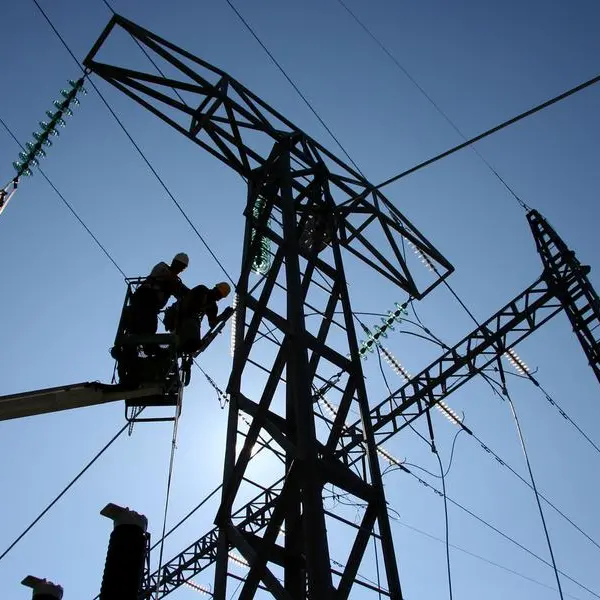PHOTO
DAVOS, Switzerland - The U.S. Inflation Reduction Act (IRA) will drive investment into cleaner energy and represents the most important climate deal since the landmark 2015 Paris Agreement, International Energy Agency (IEA) head Fatih Birol said on Tuesday.
IEA executive director Birol told a panel on energy security at the World Economic Forum (WEF) annual meeting in Davos that energy security was now the biggest driver of climate investment, as countries seek to ensure supplies.
U.S. climate envoy John Kerry told a panel on financing the transition to a low carbon economy that the only way to avoid catastrophic damage caused by climate change was for governments and companies to spend big.
"How do we get there? The lesson I have learned in the last years ... is money, money, money, money, money, money, money," U.S. climate envoy Kerry said of what was needed for the world to stand any chance of meeting the goal of limiting global warming to 1.5 degrees Celsius above pre-industrial levels.
While European countries have welcomed the new commitment to energy transition by U.S. President Joe Biden's administration, some have said they fear it may disadvantage their companies.
"I understand the importance of the Act from a U.S. perspective but on the other side I should also think about European interests," Jozef Sikela, the Czech minister of industry and trade, said on the same WEF panel as Birol.
Sikela said European households and industries were paying the biggest bill for the global energy crisis, while the new U.S. legislation would pull away investors and force governments to compete on the level of subsidies.
"When we start a rally of subsidies, this is dangerous," he said, adding that Europe should be lobbying for exemptions from the $430 billion bill, which Biden signed into law last year.
Europe's energy crisis, triggered by Russia's invasion of Ukraine, has been felt across the 27-member European Union, with gas prices almost 90% higher last year than the year before.
Vicki Hollub, chief executive of U.S. oil producer Occidental Petroleum Corp, called the U.S. legislation one of the most transformative bills ever signed.
But she rounded on European governments for taxing fossil fuel firms, that were also developing renewable energy.
"With all due respect to Europe I hate to say it but I have to say it, imposing windfall profit tax on the oil companies that are doing their best to grow wind and solar in Europe was not the smartest move in my opinion," Hollub said.
Subsidies are very important for the development of new technologies, she told the same panel.
(Editing by Leela de Kretser, Andrew Heavens and Alexander Smith)





















